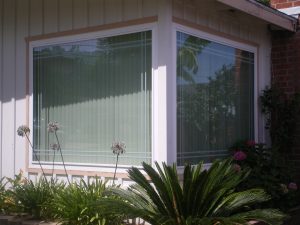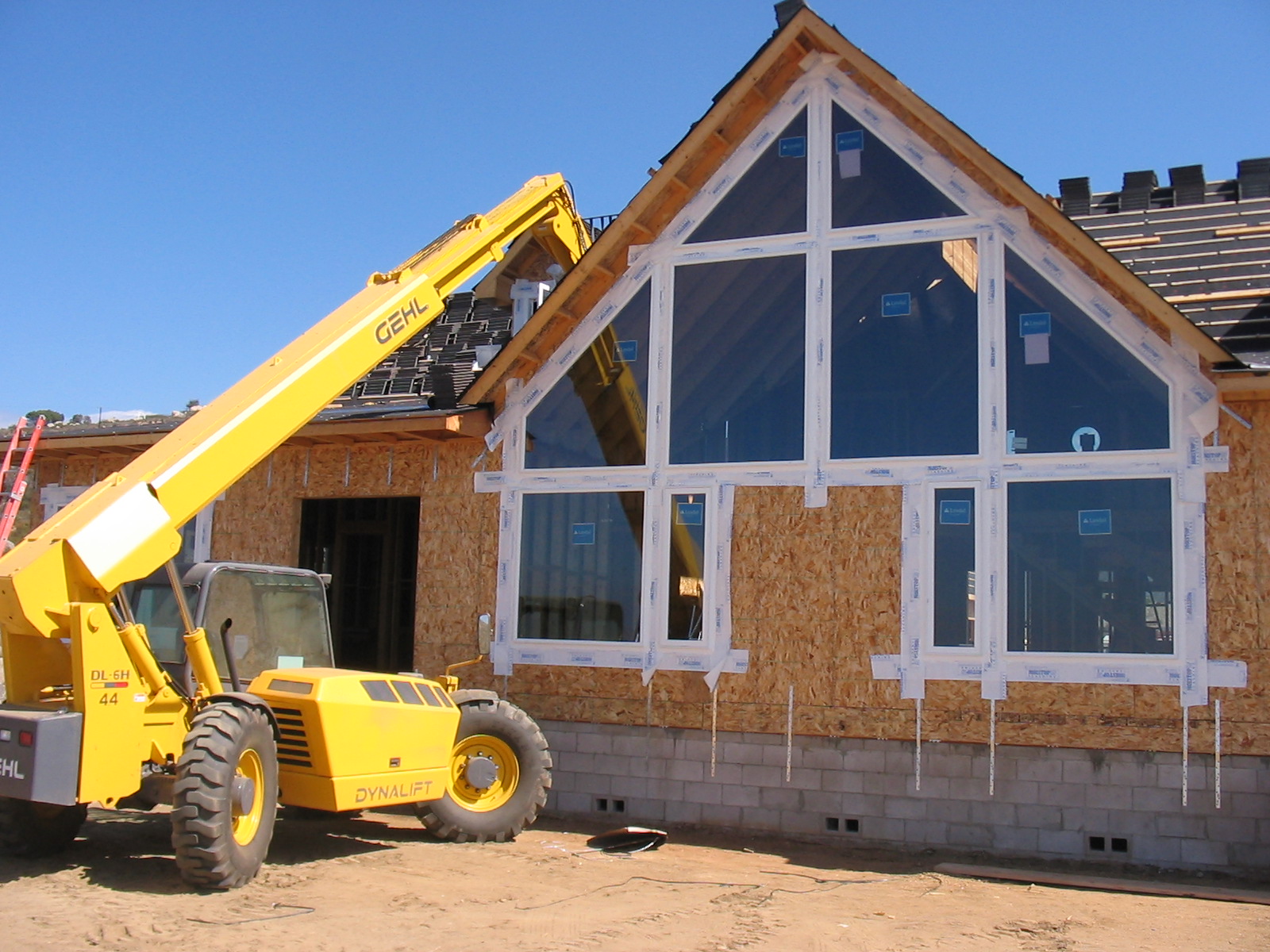Finding the appropriate window for your home is essential for any homeowner trying to save money on their energy bill while also reducing their carbon impact. It may take some research and time to speak with a specialist to find the ideal window for your individual property. The ideal option for you is determined by the style of your home, your budget, the available area for window replacement in Lakeside, CA, and your personal tastes.
Windows that are energy efficient can help you save money.
Among the most significant advantages of energy-efficient windows are lower heating, cooling, and lighting expenditures. When you install new approved energy-efficient windows, you may be eligible for ENERGY STAR tax credits, which can save you even more money. Eligible products and tax credit amounts are subject to change on an annual basis.
You Have the Ability to Reduce Your Energy Consumption
Most American homes prioritize green living. Replacing your windows can save you money, but there are also other energy-saving advantages. New energy-efficient windows can help you lower your overall energy use, which is something we should all strive for.
Did you know that replacing your old, single-pane windows with new, energy-efficient windows can save enough electricity to run a home for three months – or three years of TV watching?
Find out more about Energy Performance Ratings
Improving energy efficiency and becoming green are essential considerations when upgrading windows. Understanding energy performance ratings might help you understand the process as you go.
To assist you in selecting the most energy-efficient windows for your window replacement, five ENERGY STAR performance categories have been allocated.
1. The U-Factor
The U-factor assesses the ability of a window to insulate. A lower number keeps heat in better, which is especially important in colder climes. To help you compare, the values range from 0.20 to 1.20.
2. Coefficient of Solar Heat Gain
The solar heat gain coefficient, which ranges from 0 to 1, is a measurement of the amount of solar heat that may be gained through the window glass. A lower value indicates less heat gain. A lower solar heat gain coefficient value is likely to help you save on cooling costs whether you live in a hot, sunny area all year or just during the summer months.
3. Leakage of Air
Air leakage, also known as air infiltration, is the air that enters via a window (think drafty windows). A lower air leakage rating, ranging from 0.1 to 0.3, will keep your home pleasant and draft-free. Particularly on chilly, windy winter days.
 4. Transmittance Visible
4. Transmittance Visible
This is a measurement of how much natural light a window allows. You may want a lot of natural light to brighten your home during the day, but did you know that the more natural light you use, the more likely you are to save money on lighting? The visible transmittance ranges from 0 to 1. Choose a higher value if you want to save energy and optimize natural lighting.
5. Resistance to Condensation
Although condensation ratings are optional, a product with a higher resistance rating should be more resistant to condensation. Condensation can cause damage to windows, particularly those with wooden frames.
We can help you notice the difference and make the move if you’re ready to reap the benefits of new energy-saving windows. We can show you how new energy-efficient vinyl replacement windows in Lakeside, CA are well-made, can save you money on energy, and can lessen your maintenance requirements.

